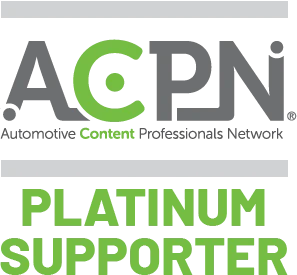RAC stands for Committee for Risk Assessment and SEAC stands for Committee for Socio-Economic Analysis.
The Committee for Risk Assessment (RAC) has decided to restrict Dechlorane Plus supporting Norway’s proposal. Also, the Committee for Socio-Economic Analysis (SEAC) supports a restriction in its draft opinion and they have been kept open for consultation until 16 May 2022. This proposal aims to address the risks to human health and the environment from emissions of the substance.
RAC has concluded that there is an EU-wide risk for people and the environment from the use of Dechlorane Plus, as it is very persistent and bioaccumulative. It is mainly used as a flame retardant, in adhesives and sealants in cars, airplanes, and electronic equipment. RAC believes that the proposed restriction would be effective in reducing emissions of Dechlorane Plus as well as the related risks. Whereas SEAC considers that a restriction is to address the identified risks from Dechlorane Plus and any of the restriction options presented by Norway could be proportionate in terms of their benefits and costs to society
Both the committees have adopted an opinion to review the report on the industrial use of1,2-dichloroethane as a solvent in chemical synthesis. Also, RAC has adopted two opinions on occupational exposure limits (OELs) for 1,4-dioxane and isoprene, and 10 opinions on harmonized classification and labeling. Among the harmonized classification and labeling opinions are those for sulfur and multi-walled carbon nanotubes.
Reach out to our regulation experts on product regulatory compliances

